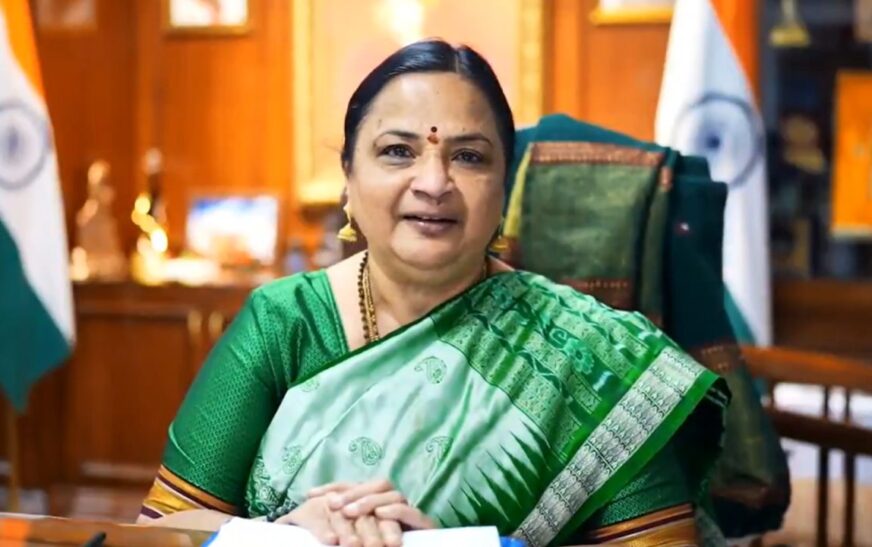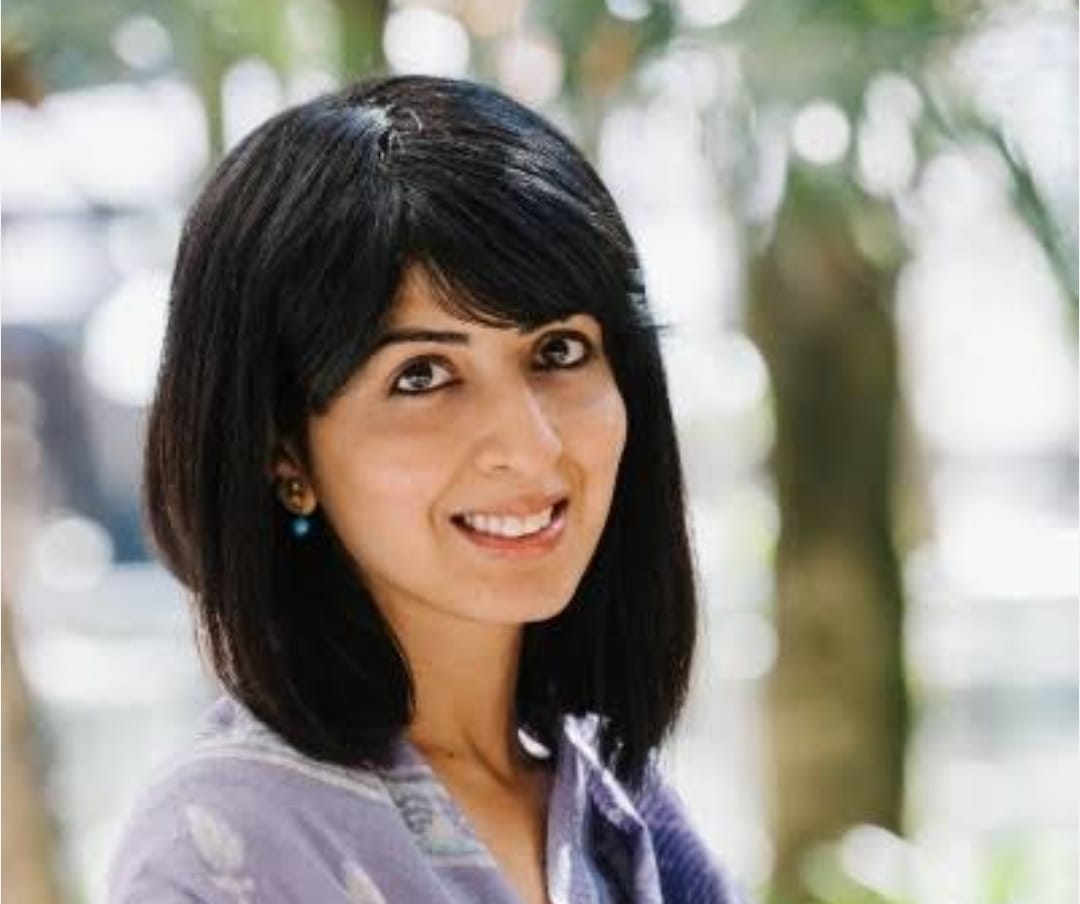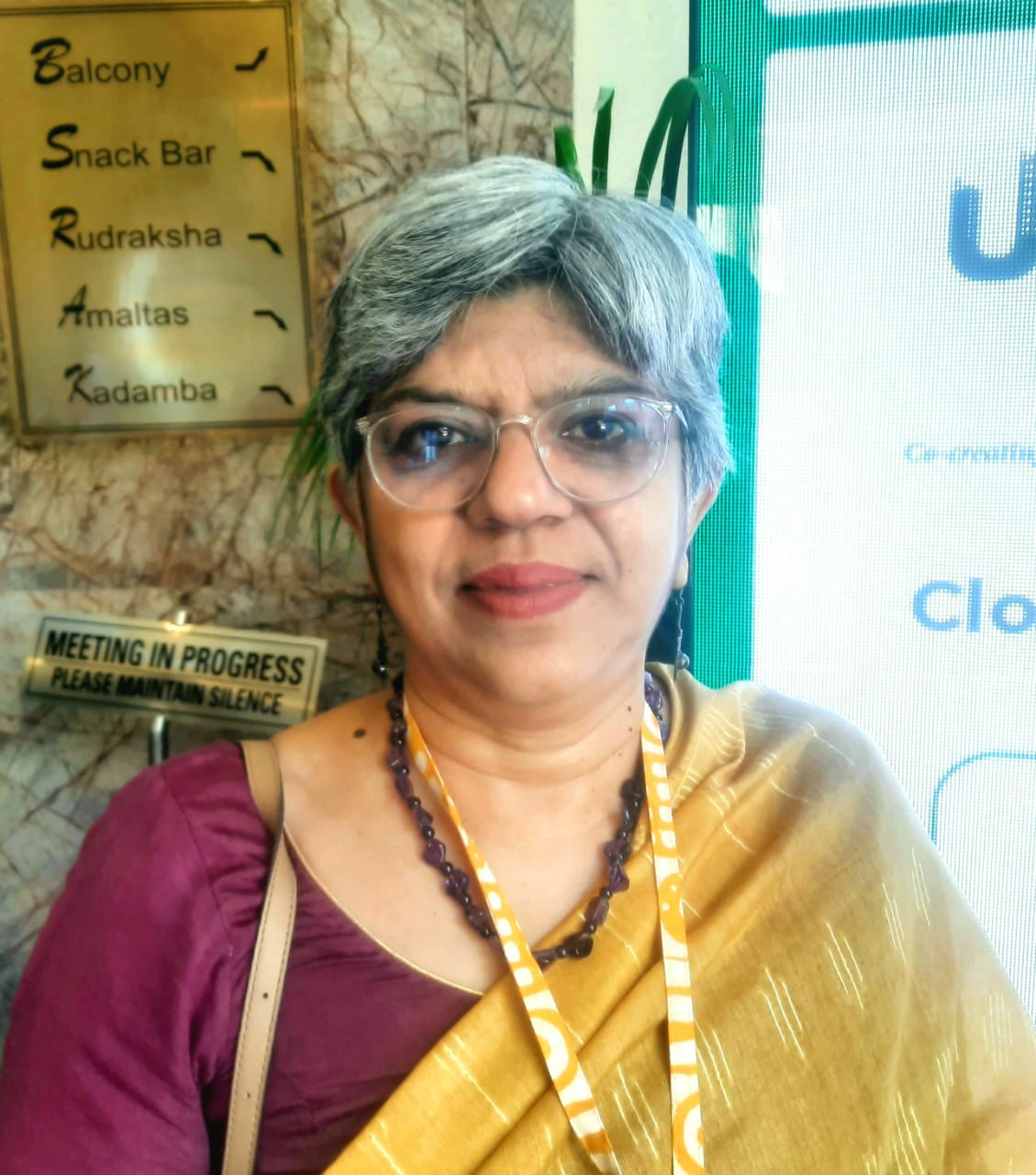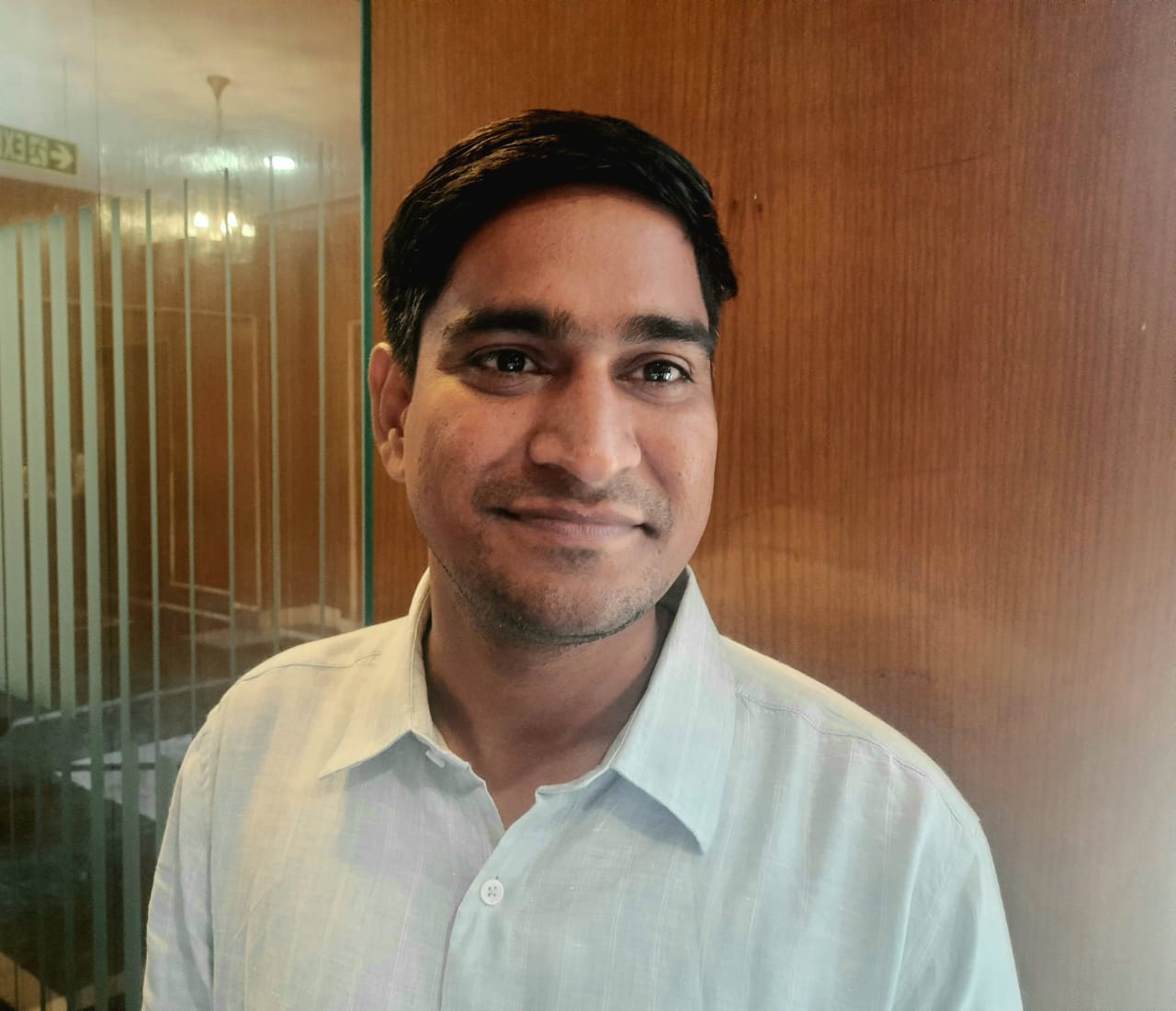Prof. Santishree Dhulipudi Pandit epitomizes academic excellence and visionary leadership in Indian higher education. As the first woman Vice Chancellor of Jawaharlal Nehru University (JNU) since 2022, she has introduced a transformative vision to one of India’s most esteemed institutions by empowering women.
With an impressive academic career spanning over three decades, Prof. Pandit is a distinguished scholar in International Relations and Political Science. Her extensive research and numerous publications have significantly advanced the understanding of global politics and South Asian studies. Previously, she held the position of professor at the Department of Politics and Public Administration at Savitribai Phule Pune University, where she earned acclaim for her dynamic teaching and mentorship.
Prof. Pandit’s tenure at JNU is defined by her commitment to academic freedom, inclusive education, and the cultivation of intellectual rigor and critical thinking. Under her guidance, JNU has fostered enhanced interdisciplinary collaborations, pioneered innovative research initiatives, and forged stronger global partnerships. Her efforts to create a supportive environment for students and faculty have solidified JNU’s standing as a center of progressive education and research.
Beyond her scholarly achievements, Prof. Pandit is a passionate advocate for social justice and gender equality, recognizing education as a catalyst for societal change. Her leadership continues to inspire a new generation of scholars and students, leaving an enduring impact on India’s academic landscape.
On behalf of The Interview World, Dr. Kavita Arya, Associate Professor at Mahatma Gandhi Kashi Vidyapith, Varanasi, engaged Prof. Santishree Dhulipudi Pandit on several pertinent topics. They discussed balancing professional and personal responsibilities, the relevance of interdisciplinary study and research in the post-globalization era, Dr. B.R. Ambedkar’s legacy in empowering Dalits, particularly Dalit women, career prospects for women in academia, and her message for India’s youth. Here are the key insights from their dialogue.
Q: Your journey from a modest background to reaching such great heights of success is truly inspiring. Can you share what has been your constant source of inspiration in achieving and maintaining your success? Additionally, how do you balance your personal life with your professional responsibilities?
A: I continuously pursue success based on the profound lessons my father taught me, raising me as a single parent after my mother’s untimely passing. He ingrained in me the values of hard work, integrity, and honesty, often reminding me of the timeless wisdom of the Bhagavad Gita: ‘Karmaniya vardhikarashya, Ma palaeshu kadhacha’. He taught me that challenges are opportunities in disguise, and encouraged me to persist despite difficulties.
Regarding the second part of your query, women inherently excel in multitasking, and setting firm boundaries before marriage is crucial. Throughout my journey, supportive men have played crucial roles, positively influencing both myself and my daughter.
Q: Modern working women often find themselves balancing family obligations and professional commitments, frequently without adequate support. What resources, networks, or strategies would you recommend they leverage to successfully pursue their ambitions and achieve their dreams?
A: Modern working women can find support through several avenues to balance family obligations and professional commitments. They should leverage professional networks and mentorship programs, which provide guidance and opportunities for career advancement. Seeking support from family and friends for household responsibilities can also be crucial.
Additionally, utilizing flexible work arrangements and childcare services can help manage time effectively. Engaging in online communities and forums dedicated to working women can offer valuable advice and emotional support. Finally, prioritizing self-care and setting clear boundaries between work and personal life can enable women to achieve their professional ambitions while maintaining family harmony.
In my case, my father advised me to be upfront about my career goals and ambitions before getting married. He emphasized the importance of honesty and encouraged me to find a partner who could support my aspirations and dreams.
Q: Can you share your preferred areas of study and research? Additionally, how do you perceive the role and significance of interdisciplinary study and research in the current post-globalization era?
A: My academic pursuits focus on International Relations, India’s foreign policy, and Indian knowledge systems, with a particular emphasis on examining India as a civilization state and advocating for Bharatiya feminism. Since the 1970s, JNU has pioneered interdisciplinary education and research, embracing a holistic and multidisciplinary approach that deeply resonates with Bharatiya Gyan Parampara.
This ethos emphasizes the interconnectedness of disciplines, fostering a comprehensive understanding of societal, cultural, and political dynamics. Moreover, it underscores the importance of integrating diverse perspectives to address complex global challenges and contribute meaningfully to academic and intellectual discourse.
Q: As the first female Vice Chancellor of such a prominent university, what challenges have you encountered, and how have you addressed them, especially given the university’s frequent presence in the news for both positive and negative reasons?
A: In Indian society, deeply rooted issues such as entrenched patriarchy and misogyny pose significant challenges. These issues are not absent at JNU, despite its status as a central university, albeit they manifest in subtler forms. Effectively tackling these challenges demands a comprehensive shift in societal perceptions and the implementation of proactive measures within institutions like JNU. It is crucial to foster an environment that promotes gender equality and inclusivity to create lasting social change.
Q: How does Dr. BR Ambedkar’s legacy continue to influence the empowerment and upliftment of Dalits, including Dalit women, in contemporary society?
A: Dr. BR Ambedkar’s legacy profoundly impacts Dalit empowerment today, particularly for Dalit women. His advocacy for social justice and education laid foundational rights that continue to shape policies and empower marginalized communities. Ambedkar’s emphasis on education as a tool for liberation has spurred initiatives promoting education access among Dalits, especially women, fostering economic independence and leadership roles. His legal reforms aimed at eradicating caste discrimination remain pivotal, inspiring movements for equality and dignity.
Ambedkar’s vision for a just society continues to guide efforts towards inclusive development and the assertion of rights, significantly impacting Dalit empowerment in contemporary society.
Ambedkar’s insightful writings, advocating for social justice and equality, are pivotal for enhancing academic discourse at central universities like JNU. Incorporating his works can stimulate profound research and contribute significantly to societal progress and understanding.
Q: Throughout your distinguished academic career, what accomplishment or contribution do you consider to be the most significant?
A: My most notable contribution has been my impactful research conducted at state universities, pioneering in various fields. Alongside, I have garnered acclaim as a beloved and effective educator, cherished by students for my engaging teaching style and mentorship.
Q: How has the introduction of the NEP expanded the career opportunities for women pursuing academic careers in higher education institutes?
A: Since the introduction of the NEP, there has been a notable increase in opportunities for women in academia at higher education institutes. The policy’s emphasis on inclusivity, gender equity, and professional development has encouraged greater participation and advancement of women scholars across various disciplines and leadership roles.
In Viksit Bharat, women empower themselves to achieve limitless heights by leading transformative development initiatives, driven by PM Modi’s strong advocacy for harnessing the power of Nari Shakti.
Q: As an influential academic and role model, especially for young women, how do you envision expanding your impact through your acclaimed writing?
A: Women play pivotal roles in academic institutions by demonstrating leadership through making tough decisions with empathy and excellence. I dedicate myself to advocating for women’s empowerment through actively engaging in writing, speaking, and taking bold stances. It is crucial to ensure that women assume responsibilities where they can exercise accountability and fairness in decision-making processes, thereby making significant contributions to organizational success and societal advancement.
Q: What message do you have for the youth of India, who constitute a significant portion of the population and are often referred to as the ‘ignited minds’ and ‘hope of the future’?
A: I urge the youth of India to uphold the timeless values of hard work and honesty, which are essential pillars of personal and professional success. While technology offers support, it cannot supplant the creativity and critical thinking inherent in the human mind. Young men, women, and others must cultivate empathy, fostering inclusive perspectives. Embracing equity ensures fairness, while striving for excellence drives continuous improvement, collectively shaping a brighter future for India.










1 Comment
I’ve been following your blog for quite some time now, and I’m continually impressed by the quality of your content. Your ability to blend information with entertainment is truly commendable.
Comments are closed.